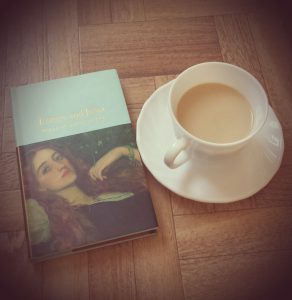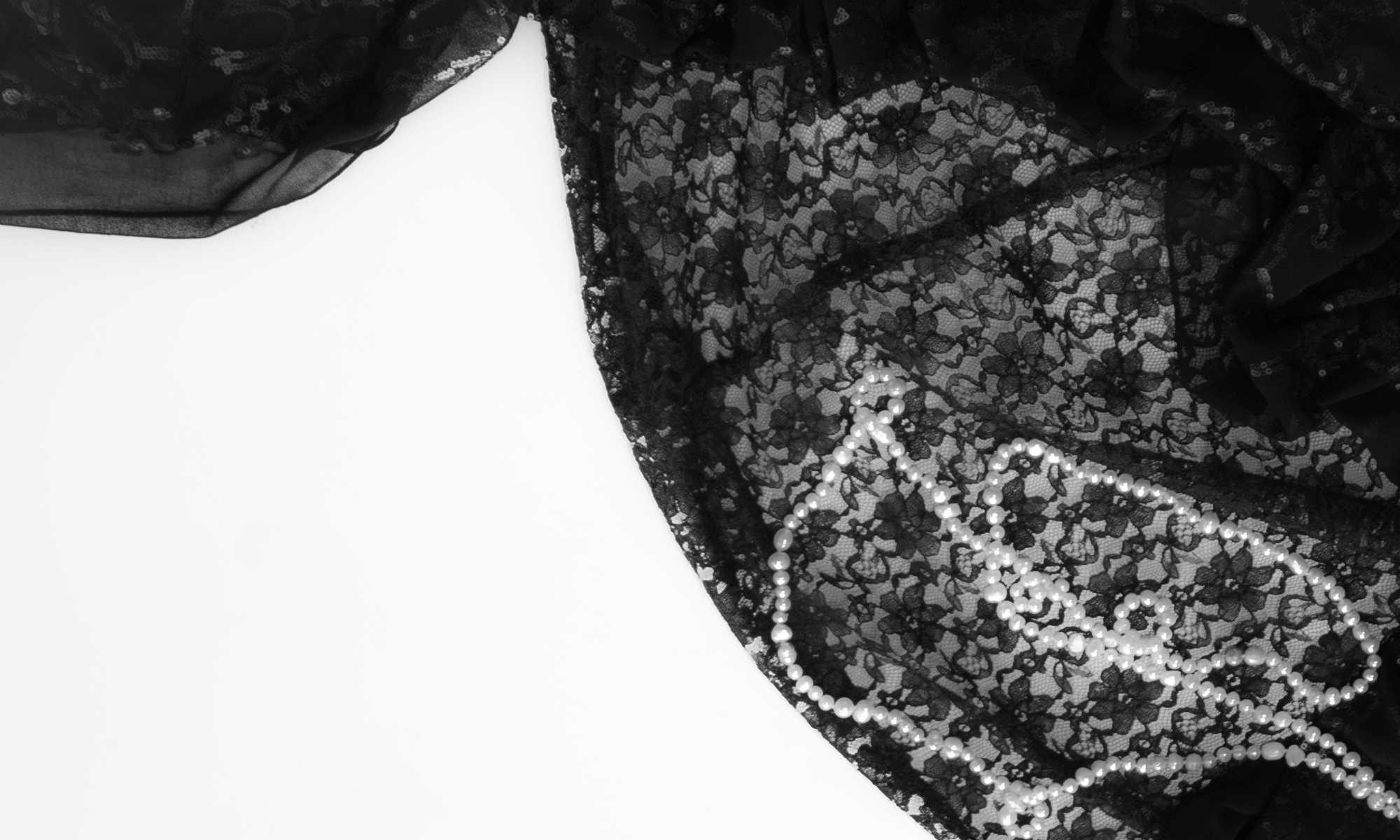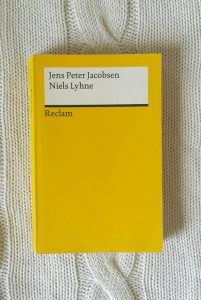
My limbs are tethered to a shadowy great wing, unsure whether they are fleeing or willing captives. It’s such a riddle to see one’s own spirit embodied in the illusion of dueling, passionate entities. Is it I or the familiar eyes staring into mine? I see my seemingly private afflictions reflected in every struggle to comprehend romantic holographic encounters. The projection of love- the task of understanding the other only to ironically return to yourself. I, the initiator of vibrational images of unfettered intensity- the woman who loves unconditionally. The story, a brilliant thought-form, materialized as a truth of unmatched authority. How I love, how dearly, packed into combustible cannisters of volatile creative force. My cupboards are overflowing. I am incapable of coming to terms with my own creation. I am a wounded spiritual force, living in fear of its own potential. Is there not some other hologram willing to share the burden? I’m lost on this plane of existence unwilling to extinguish the light that is mine and mine alone. I live as a woman walking circles in the garden of herself. I call out to witnesses with lovely porcelain and sweets. Are they poisonous or liberating? I eat and drink and love him so.


